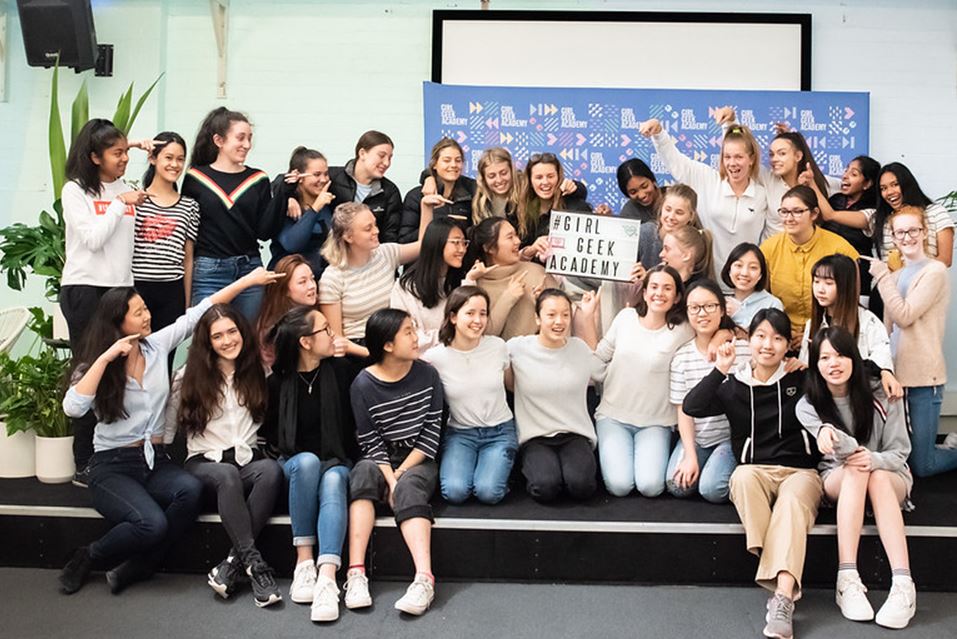Just when you thought you were getting your head around ChatGPT and the consequences it brings from school cheating to the end of true journalism as we knew it, along comes Google’s answer to the AI text generation software and it’s somewhat ironically called Bard. Although quite what the real Bard – William Shakespeare that is – would have made of the ability for computers to write stories, I dread to think.
And, prior to this announcement that it would soon release the experimental chatbot called Bard, I had foolishly thought that Google may have actually objected to an AI writing machine cheating with SEO-designed stories. Clearly, not so.
ChatGPT certainly got the jump on Google since it launched in 2022, and sparked a worldwide debate on what AI can now do. For many, it was the first time people registered the enormity of the power of artificial intelligence and machine learning and how it can and will impact them personally.
For me, it was my son who introduced me to ChatGPT.
So I went on it and typed in an exam question I had while at school studying Jane Austen’s novel Emma. The question was ‘What was Emma’s folly?” Poor me at the time didn’t know what the word ‘folly’ meant but ChatGPT knew and within seconds there was an essay that covered all the salient points.
But it’s not just text writing and fast researching that these programmes can be used for, it can also help coders programme by predicting code ahead of their code a bit like when you have predictive text on your mobile. Coders can either opt to use the code or not so it helps them work faster. It can also be used for numbers such as preparing financial forecasts.
Concerningly, it can also pull incorrect information or discriminatory material from the internet and churn it out because well it’s a machine and so it relies totally on what information it can pull from and that information can easily be misinformation. What’s out in the ether is plenty of unconscious bias that will in many cases continue to be unwittingly rolled out – unless it is corrected. And changing unconscious bias once it’s out there is another complex area fraught with difficulties.
Just take a look at a story Women Love Tech wrote about Losing Lena. Lena did a Playboy centrefold shoot in the 70’s and her naked image went on to become the most used test image in the world after being used in the development of the digital image file ‘JPEG’. Half a century on, it is still the most used test image in the world despite Lena’s campaign to say she’s ‘retired’.
Artificial intelligence and machine learning are among the biggest technological changes of our time, and like the story of Lena, we need to question whether we’re able to learn from the unconscious biases of the past or not.

Still, technology and its fast-paced progress will inevitably roll on just like the steam train in the Industrial Revolution – and a juggernaut tech company such as Google doesn’t want to be left behind hence it was so quick to launch Bard.
Below is Google’s announcement today about Bard.
“Bard seeks to combine the breadth of the world’s knowledge with the power, intelligence, and creativity of our large language models,” said Google’s CEO, Sundar Pichai. “It draws on information from the web to provide fresh, high-quality responses.
“Bard can be an outlet for creativity, and a launchpad for curiosity, helping you to explain new discoveries from NASA’s James Webb Space Telescope to a 9-year-old, or learn more about the best strikers in football right now, and then get drills to build your skills.”
My final question is: Did I even write this story or was it produced from ChatGPT or the Bard? You tell me…






